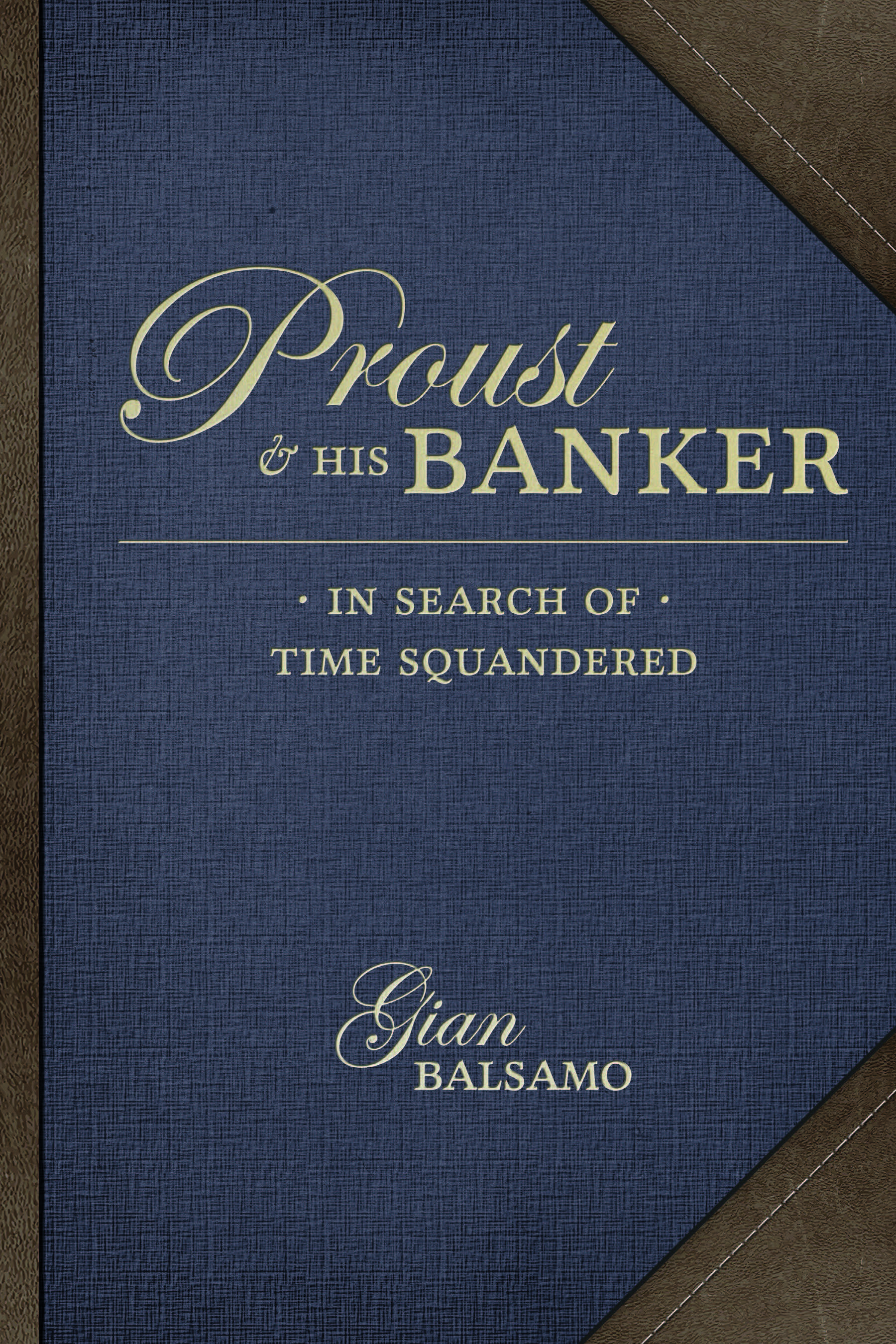Black History Month Sale: 40% off all books, plus FREE SHIPPING on all U.S. orders over $50 | Use code JBHM26

Size: 6 x 9
Pages: 288
Illustrations: 7 b&w halftones
Gian Balsamo
The inclusion of this book in the Open Carolina collection is made possible by the generous funding of
"An impressively well researched, written, organized and presented study that is a masterpiece of original and seminal scholarship."—Midwest Book Review
"The unlikely subject of this book—Proust's relationship with one of his financial managers and friends, Lionel Hauser—makes for a good read."—CHOICE
"[Balsamo's] disclosure of Proust's banking secrets reveals the tight spots Proust went through in his quest of the mirage of an unconditionally reciprocated love, always to be lured with expensive gifts and various handouts."—Fillipe Mauro, "Sigilo bancàrio," Folha de S. Paulo, 01/06/2018
"With Proust and his Banker Gian Balsamo brings to Proustian scholarship a UFO! This ground-breaking book is all at once a biography of Proust, seen through the prism of his financial dealings, a theoretical essay and a suspenseful epistolary novel. A writer himself, Balsamo leads us, with erudition and clarity, to the final twist: how Proust transmuted his inseparable financial and love predicaments into one of the greatest novels of all times."—Pyra Wise, Proust team, Institute of Modern Texts and Manuscripts (CNRS)
"The noted cosmopolitan novelist and scholar Gian Balsamo charms us with this sympathetic study of Proust's evasive interaction with his more prudent financial adviser and the virtual miracle that occurs when the profligate author mints a small fortune during France's postwar crisis and thereby supports his own last efforts in the face of death, rounding out his priceless gift to mankind, the great novel A la recherche du Temps perdu. New details enhance the English version of Balsamo's prior Italian edition exploring the little-known improbable conduct of Proust, who by inspired daring prevails against all reasonable odds."—Gerald Gillespie, Stanford University
"Proust and His Banker brims over with original and penetrating insights on the lavish returns earned by Proust from his seemingly irresponsible squandering of time and money. Balsamo has given us a new genre of critical writing that is personal, captivating, intellectually masterful, but also extremely elegant, humorous, and charming."—Benjamin Jon Boysen, University of Southern Denmark
"A meticulous reconstruction by Gian Balsamo in a new book, Proust and his Banker: In Search of Time Squandered, reveals some fascinating facts about his [Proust's] financial affairs. The novelist was obsessed not only with gains and losses in the lotteries of life and love, but also on the Bourse de Paris."—Quadrant
"Balsamo is sensitive and subtle about the different tones the two men take in their letters and what is at stake for each, and even his romantic, redemptive theory of finance and art, implausible and circular in its simpler formulations, has its virtues as a launching point for other questions."—London Review of Books
Copyright 2026
Website By Morweb.org